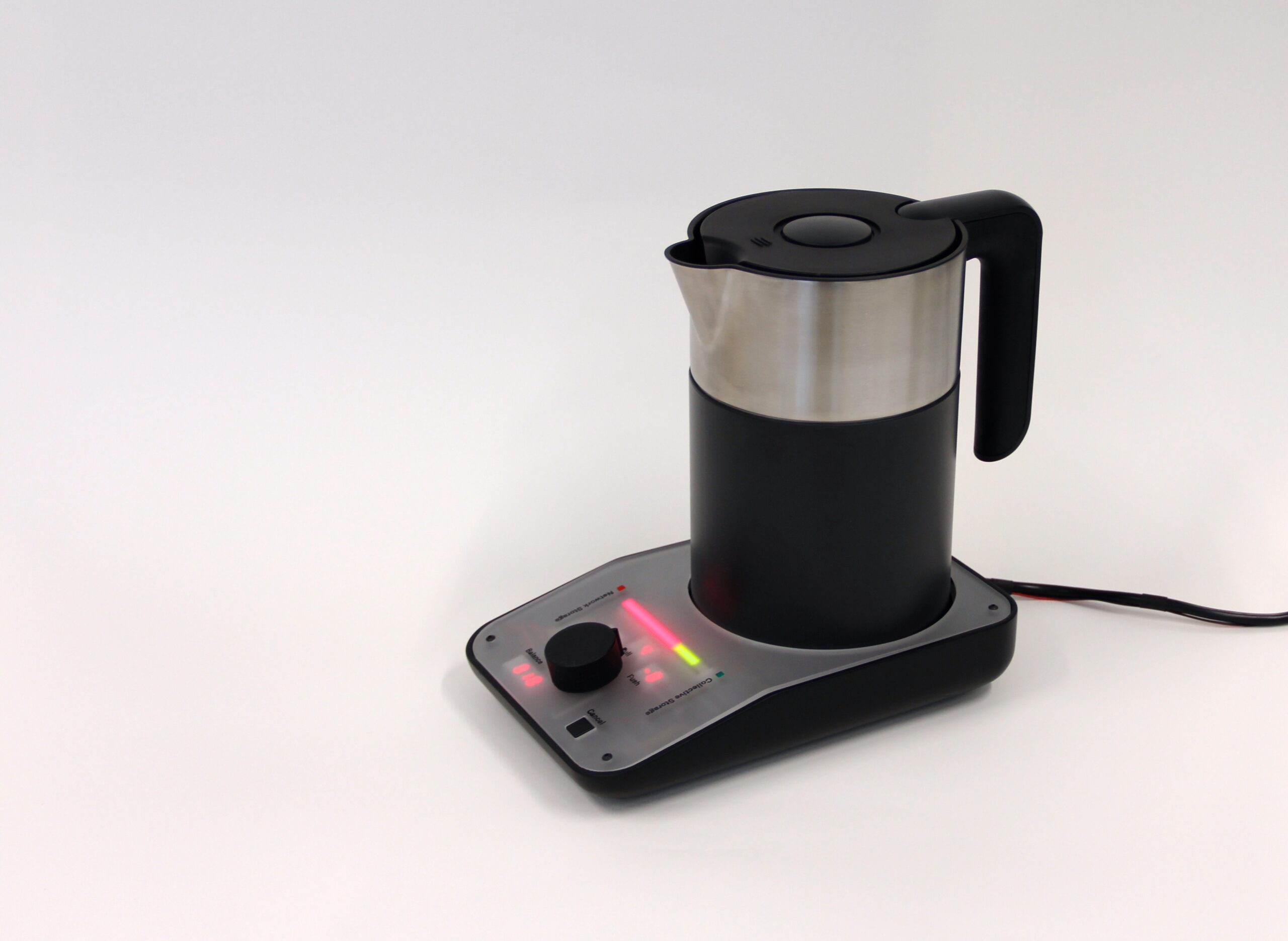Exploring Research Methods

As I think more about the progression towards my final project, one of the key decisions I need to make is what research methods to use. I’ve been briefly exploring a variety of research methods, drawing on both traditional academic approaches and more creative, design-based methods.
To be honest, because my undergraduate degree was in design and therefore we did not learn much about academic processes, I feel I’m a bit behind in this area. I definitely need to figure out a way to learn more about different methods availiable to me. Does anybody know any sources for this as it doesn’t seem that any of this will be covered during the course?
Research Through Design
One approach I’m considering is Research Through Design, a methodology that involves using design processes to generate new knowledge. This approach could be particularly relevant for my project on data justice, as it allows for a creative exploration of the ways in which data practices affect grassroots communities. By using design techniques to prototype and test new approaches to data justice, I might be able to explore new insights and practical solutions. My recent reference in using this process is Larissa Pschetz and her team at Design Informatics’ use of a similar process in the creation of the Karma Kettle.

Karma Kettle – Edinburgh University Design Informatics. https://www.designinformatics.org/research_project/karma-kettles/
These kettles aimed to allow people to experience a scenario where real-time information on energy availability is provided and where they are given some level of participation in energy transactions. By attempting to mimic a scenario of domestic energy storage and local distribution, the Karma Kettles allowed people to track how much energy is currently stored in regional batteries (e.g. their neighbourhood) and how much energy is currently available in the overall grid (peak or shortage of supply). (Pschetz et al., 2020)
Interaction Research Studio
The approach of the Interaction Research Studio based at Northumbria University is another method I am considering. Their research involves close collaboration with community partners to create interactive technologies that are grounded in everyday experiences. Maybe this could be useful in exploring how grassroots communities can fight back against extractive data practices and use data for their own aims.
Speculative Methodology and Design
Building on my ongoing learning through participating in the Building Near Futures module, I’m also interested in exploring speculative methodologies. One example is the Experiential Futures process, which involves creating immersive scenarios that allow participants to experience and reflect on possible futures. Another approach that I’m considering is speculative design, which involves creating fictional scenarios that explore alternative futures. Could these methods be useful for my project by allowing me to explore the ways in which data practices might be reimagined and repurposed by grassroots communities?
Non-Design Methods
Finally, I’m interested in combining more traditional research methods, such as ethnographic research processes, with a creative approach. One methodology I’ve come across that I really enjoyed reading was the Feminist Interpretivist Methodology used by Macleod and Emejulu in their 2014 exploration of the role of Community Energy in Scotland , which emphasizes the importance of situating research within its social and political context.
As I consider the various research methods that I might use for my final thesis project on grassroots data justice, I’m drawn to both traditional academic approaches and more creative, design-based methods. The next step is to actively begin researching these methods and how one might carry out such a process. As I said before, any pointers much appreciated!




Recent comments